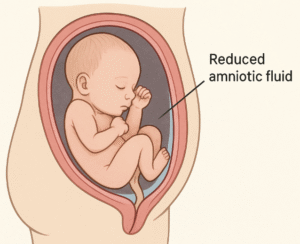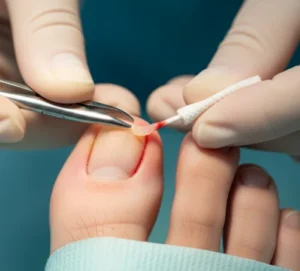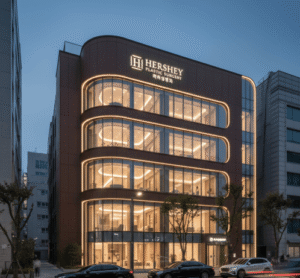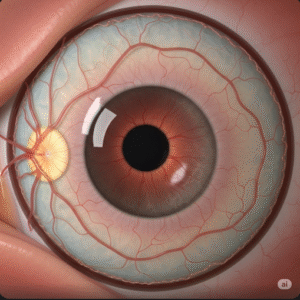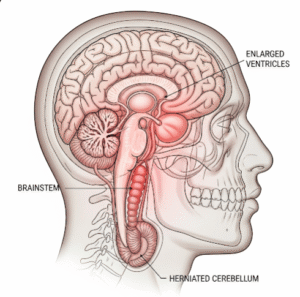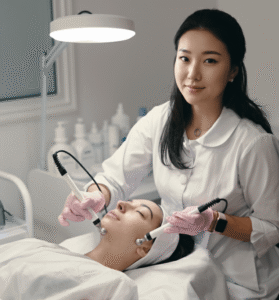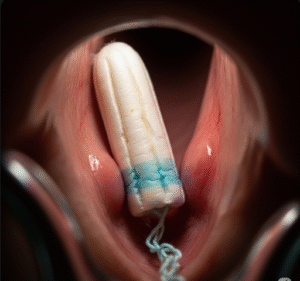Overview
Merkel Cell Carcinoma (MCC) is a rare but aggressive form of skin cancer that originates from Merkel cells, which are responsible for touch sensation in the skin. It often presents as a fast-growing, painless, red or purple nodule and has a high potential for recurrence and metastasis.
In Korea, while MCC is relatively rare compared to Western countries, the number of diagnosed cases is gradually increasing due to improved diagnostic technologies and heightened awareness. Korean hospitals offer state-of-the-art skin cancer diagnostics, immunotherapy, targeted radiation, and surgical interventions, which significantly improve survival rates.
What is Merkel Cell Carcinoma?
MCC is a neuroendocrine carcinoma of the skin that develops when Merkel cells undergo malignant transformation. It is strongly associated with Merkel Cell Polyomavirus (MCV) and chronic UV exposure.
Symptoms
- A firm, painless lump on the skin
- Reddish, bluish, or purplish in color
- Rapid growth over weeks to months
- Most commonly appears on sun-exposed areas (face, scalp, neck, arms)
- Possible ulceration in advanced stages
Causes
- Merkel Cell Polyomavirus (MCV) infection (major risk factor)
- Prolonged sun exposure and UV radiation
- Weakened immune system (HIV, organ transplantation, immunosuppressive drugs)
- Older age (usually >60 years)
- Fair skin type
Risk Factors
- Age (elderly individuals at higher risk)
- Chronic UV exposure
- Immunosuppression (common in post-transplant patients)
- Prior history of skin cancers
- Male gender (slightly higher risk)
Complications
- Local recurrence even after treatment
- Spread to nearby lymph nodes
- Distant metastasis (lungs, liver, bones, brain)
- Poor prognosis if detected late
Prevention
- Regular skin checks and dermatology visits
- Protecting skin from UV radiation (sunscreen, protective clothing)
- Monitoring unusual skin changes
- Strengthening immune health
Treatment Options in Korea
Diagnosis
- Skin biopsy with immunohistochemistry (CK20 positivity is a diagnostic marker)
- Sentinel lymph node biopsy to check for spread
- CT, MRI, or PET scans for staging
Medical Treatments
- Immunotherapy: PD-1/PD-L1 inhibitors such as pembrolizumab or avelumab are highly effective and available in Korea
- Chemotherapy: Cisplatin, carboplatin, etoposide (used for advanced cases, though less effective than immunotherapy)
- Targeted therapy (under research in Korea)
Surgical or Advanced Therapies
- Wide local excision with clear margins
- Sentinel lymph node dissection
- Adjuvant radiation therapy for local control
- Advanced robotic-assisted surgery available in top Korean cancer centers
Rehabilitation and Support
- Skin reconstruction after surgery
- Lymphedema management (if lymph nodes removed)
- Psychosocial support for cancer patients
- Long-term dermatology follow-up for recurrence monitoring


